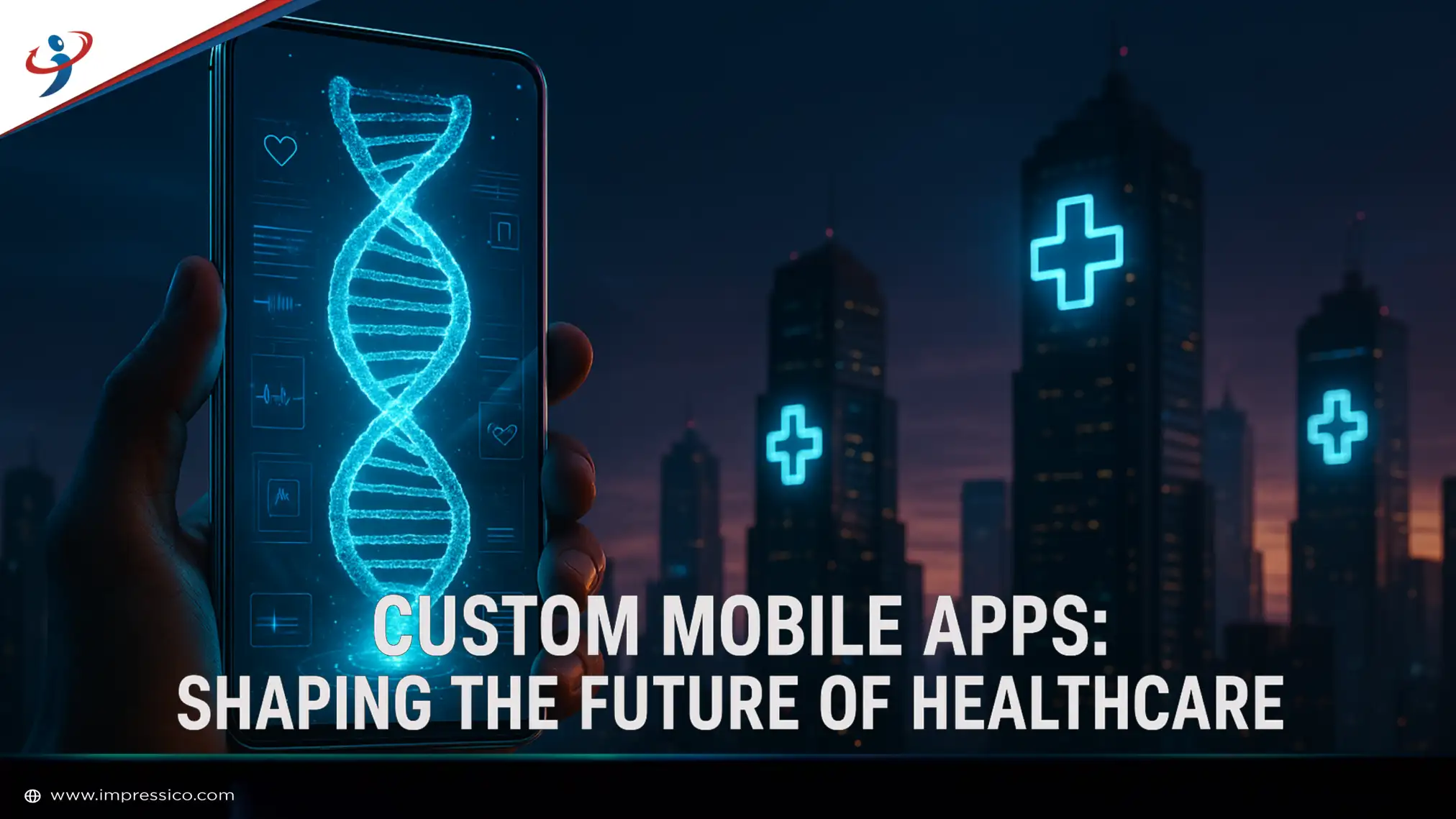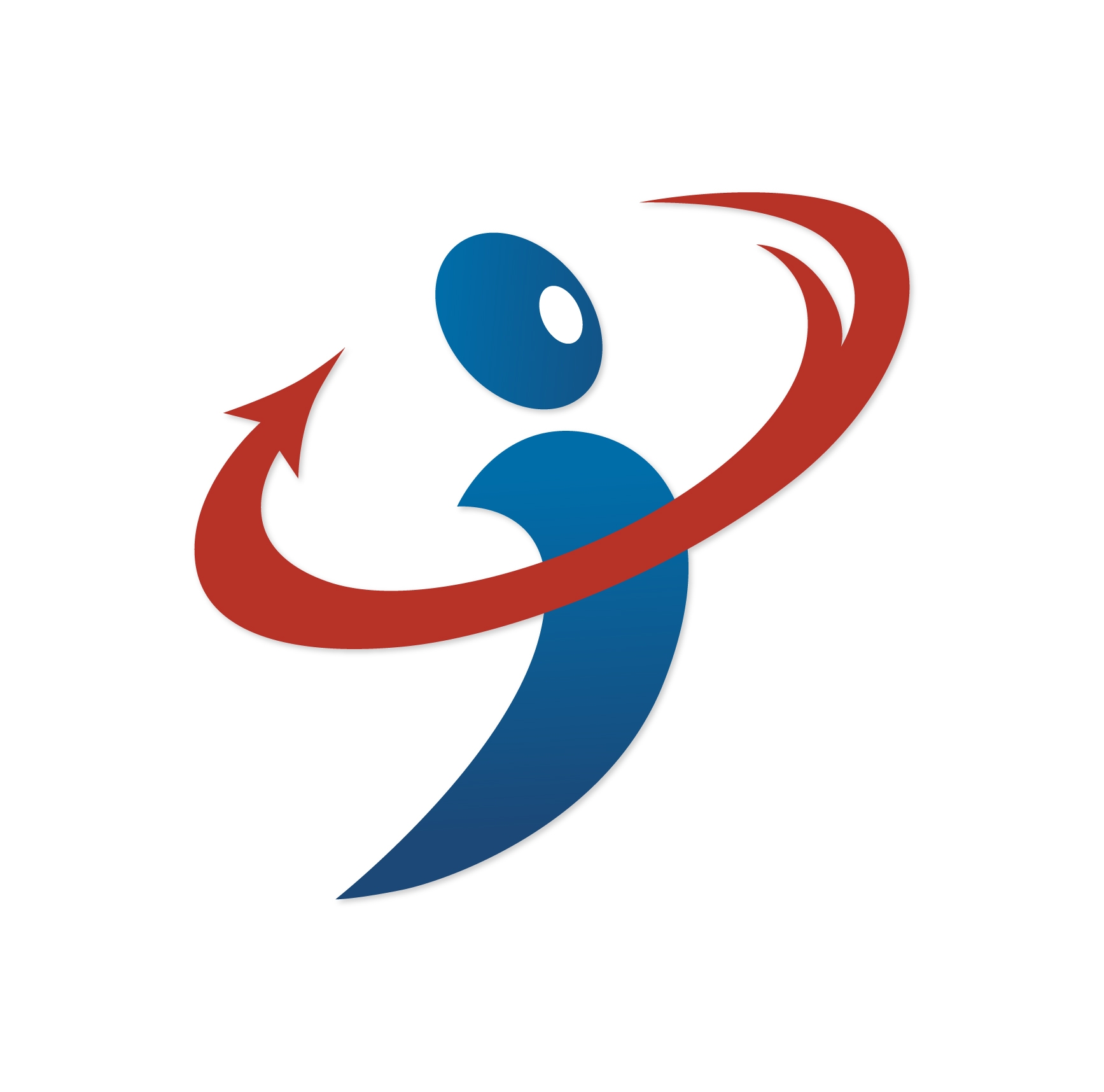Custom Mobile Apps: Shaping the Future of Healthcare

How we access healthcare is shifting at lightning speed. Those days are long gone when patients were ready to wait for weeks for an appointment or travel great distances just to meet a doctor. Healthcare is getting personal, more accessible, and more efficient today, all because of mobile apps. Be it scheduling visits in seconds or tracking chronic conditions from home, mobile technology is bringing patients, doctors, and healthcare systems closer to each other.
As demand for more intelligent solutions continues to rise, healthcare mobile app development is not merely an option; it’s a necessity. Clinics, hospitals, and even solo practices are looking to custom healthcare app development for establishing digital platforms that address the specific needs of patients while assisting physicians in providing improved care. These apps are convenient, and they are changing the face of healthcare delivery nationwide.
The Rise of Healthcare Mobile Apps
-
Changing Patient Expectations
- The expectations of patients have changed now; they are no longer satisfied with a mere prescription or a quick consultation with the doctor. They want instant access to their medical records, reminders for medicines, and to communicate with doctors without leaving their house. This is where patient engagement mobile apps play their role.
- These mobile apps are made to keep the patient actively engaged in his or her health process. They allow individuals to monitor their symptoms, receive reminders for medication, or adhere to exercise regimens recommended by physicians. Through patient engagement mobile apps, physicians make treatment more interactive and individualized. And when patients are engaged, they’re more likely to persevere with recommended treatments and see improved results.
-
Shift of Healthcare Providers to Mobile
- Healthcare professionals are also experiencing the strength of mobile-first methods. Clinics and hospitals are implementing healthcare mobile technology solutions to automate their processes and enhance patient care. For instance, rather than wading through endless piles of paper files, physicians can now make real-time updates on digital records. Nurses can remotely monitor patients; and administrators can schedule appointments more easily.
- With mobile healthcare technology solutions, providers are reducing expenses, minimizing wait times, and paying closer attention to delivering quality care. It’s a win-win for doctors and patients alike.
Key Areas Where Mobile Apps are Revolutionizing Healthcare
-
Telemedicine and Remote Consultations
- One of the most prominent recent changes has been the growth of telehealth. With telemedicine app development, patients are now able to speak with physicians via a secure video conversation, receive prescriptions, and even have follow-up care—all without ever leaving their homes.
- Telemedicine app development has been a breakthrough, particularly for rural or underserved populations. No more hours of travel to consult with a specialist. Now they get expert counsel in minutes. The apps are also contributing to decreased wait times and alleviating the strain on busy emergency rooms.
- Telemedicine app development means healthcare is finally becoming affordable, accessible, and efficient for many.
-
Remote Patient Monitoring & Wearables Integration
- The emergence of wearable devices such as smartwatches and fitness bands has paved the way for digital health app development. Patients can now monitor heart rates, sleep patterns, blood pressure, and even oxygen levels in real time.
- With digital health app development, the devices connect with mobile apps that notify patients and physicians of changes in their health. For instance, when a patient with heart disease has irregular rhythms, the app can send the care provider an immediate alert. This preventive strategy means problems are detected early on, eliminating hospital stays and saving lives.
-
HIPAA Compliance and Data Security
- With all this personal medical data stored and being transmitted online, keeping data safe is a number one concern. Patients must be assured that their data is secure. That is why HIPAA-compliant mobile apps are so importantin the healthcare system.
- HIPAA-compliant mobile applications ensure that medical information is encrypted, safeguarded, and only available to those authorized. From patient charts to e-prescriptions, each process must adhere to stringent government regulations. Without HIPAA-compliant mobile apps, healthcare organizations stand to lose patient trust and also incur legal penalties.
Advantages of Custom Healthcare Mobile App Development
-
Patient Personalization
- Each patient is unique, and one-size-fits-all doesn’t apply to the healthcare sector. Here’s where the strength of custom healthcare app development comes in. Apps can be designed to monitor long-term conditions, send tailored medication reminders, or even offer personalized diet and workout plans.
- Through the investment in custom healthcare app development, providers are able to provide individualized experiences that cater to the unique needs of their patients, resulting in improved outcomes and more robust patient relationships.
-
Scalability for Healthcare Providers
- Healthcare companies are expanding, and so are their digital demands. Through healthcare mobile app development, providers can develop apps that keep pace with them. Whether it is incorporating fresh features, connecting with new systems, or serving a larger number of patients, these apps scale as the company grows.
- Healthcare mobile application development confirms that as the demand is increasing, the technology keeps pace with the requirements of staff as well as patients without compromising on efficiency.
-
Enhanced Patient Engagement & Outcomes
- As stated above, patient engagement is the secret to enhancing healthcare outcomes. Patient engagement mobile apps motivate users to become responsible for their health—whether monitoring progress, abiding by reminders, or interacting directly with physicians.
- Research indicates that patient engagement mobile apps assist in minimizing missed appointments, enhancing medication compliance, and boosting overall satisfaction. In a word, they’re not only simplifying healthcare; they’re enhancing it.
Choosing the Right Healthcare App Development Partner
-
Full-Cycle Development Services
- Building a healthcare app is not just about writing code—it’s about creating a complete solution. This is why choosing the right partner for medical app development services is so important. From design and integration to testing and ongoing support, a trusted partner ensures that every step is handled with precision.
- When providers partner with medical app development experts, they receive apps that are industry-compliant, user-friendly, and reliable.
-
Strategic Consulting & Industry Expertise
- Healthcare is a complicated sector with its own set of challenges. A good partner not only offers technical expertise but also has in-depth industry experience. With a suitable digital health app development partner, healthcare providers are able to obtain strategic consulting, feasibility analyses, and planning of architecture to ensure that their applications are satisfactory for both patients and their businesses.
- Digital health app development firms help providers navigate regulations, build an intuitive user interface, and integratewith current systems to ensure long-term success.
-
Future-Proofing with New Technology
- Technology evolves rapidly, and healthcare apps must be able to keep pace. Providers can future-proof their apps by partnering with a healthcare mobile technology solutions provider specializing in AI, IoT, blockchain, and cloud technology.
- Healthcare mobile technology solutions enable the development of scalable, secure, and next-generation healthcare delivery-enabled apps.
Key Takeaways
- Custom healthcare app development increases personalization and scalability for patients and providers.
- Telemedicine app development takes healthcare to the patient’s doorstep, enhancing access and minimizing wait times.
- HIPAA-compliant mobile apps are imperative to safeguard patient information and gain trust.
- Patient engagement mobile apps increase compliance, satisfaction, and total outcomes.
- Healthcare mobile technology solutions enable providers to remain future-proof with cutting-edge innovations.
- Strong medical app development services provide end-to-end support, compliance, and reliability.
Conclusion
The future of US healthcare is being constructed on mobile technology. From facilitating how patients interact with physicians to enabling providers to offer customized, secure, and scalable solutions, applications are at the core of this revolution.
As the demand increases, organizations adopting healthcare mobile app development will find themselves in a better position to deliver patients more efficiently. With telemedicine app developments stepping forward, more robust protections by HIPAA-compliant mobile apps, and the strength of custom solutions, the healthcare sector is bound to become more accessible, more secure, and more patient-centric than ever.
